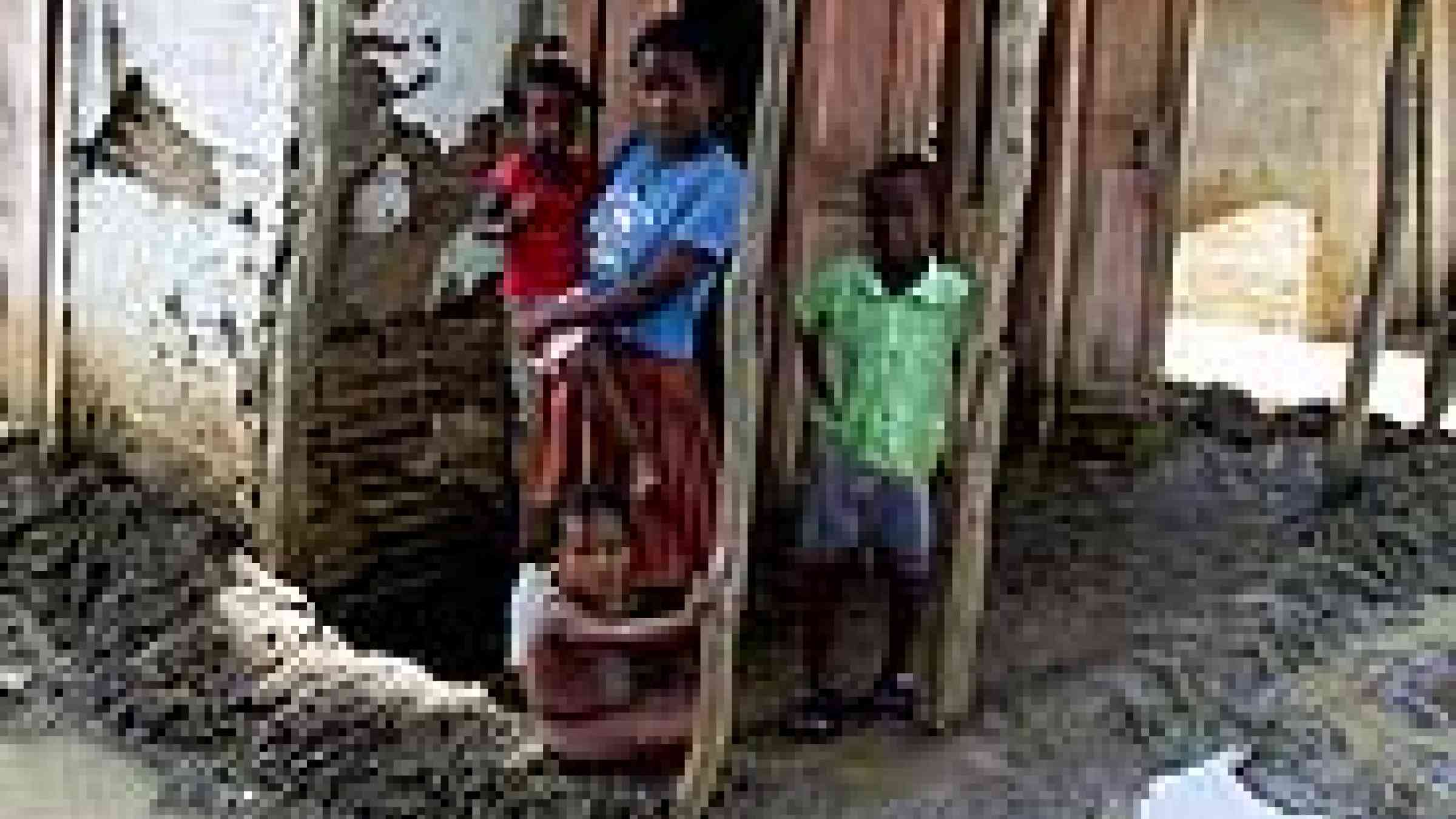Fighting corruption in disaster response

Dakar - Humanitarian relief is at high risk of corruption, says Transparency International (TI), which has released a guide on how aid agencies can combat the problem in disaster response.
The guide points to several examples of how corruption can harm those affected by disaster, including aid workers exchanging food for sex in West Africa, survivors of the tsunami in Aceh losing their homes when contractors built without foundations and village chiefs diverting food from the most vulnerable in India in 2001.
Humanitarian aid is vulnerable to corruption because sudden inflows of money and goods tend to flood resource-poor areas, aid must be delivered quickly and many disaster-prone countries have fragile institutions which weaken further when crisis hits, TI says.
Corruption is already endemic to many disaster zones, TI adviser Rosslyn Hees said, pointing to a strong correlation between UN emergency flash appeal countries and poor scorers on TI's annual corruption perceptions index.
The guide, published on 1 February, advises aid workers on how to fight corruption, including how to track resources, detect aid diversion and confront extortion. Strong whistle-blowing policies and monitoring and evaluation programmes are among the recommended tools.
Taboo
The idea to write the guide arose after the 2004 tsunami, when TI realized humanitarian agencies had virtually no strategies or research on corruption, Hees told IRIN. "There was no evidence base and no one was talking about it."
Aid agencies were aware of the corruption problem but "had not acknowledged it," said Hees. Agency leaders must stop making corruption a taboo, the guide says.
Seven NGOs - Action Aid, CARE International, Catholic Relief Services, Islamic Relief Worldwide, Lutheran World Federation, Save the Children USA and World Vision International - collaborated on the guide and are now trying to introduce reforms to root out corruption.
Fighting corruption should ideally be done before an emergency happens, Hees said. "Many countries experience either repeat disasters such as hurricanes and floods or chronic ones such as droughts, so we often know where disasters are going to happen and which [responses] are at risk of corruption."
"We just have to prepare for it," she said.